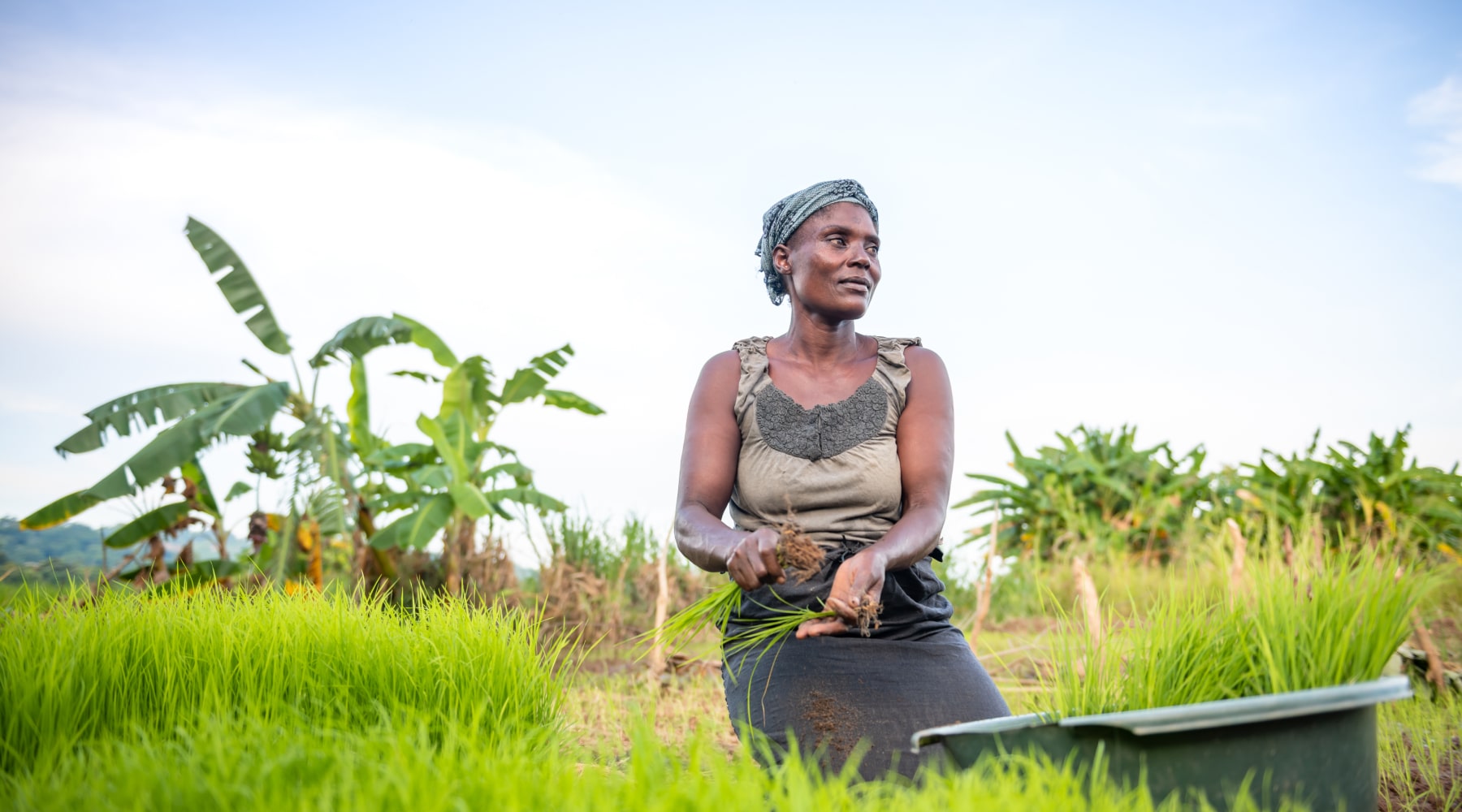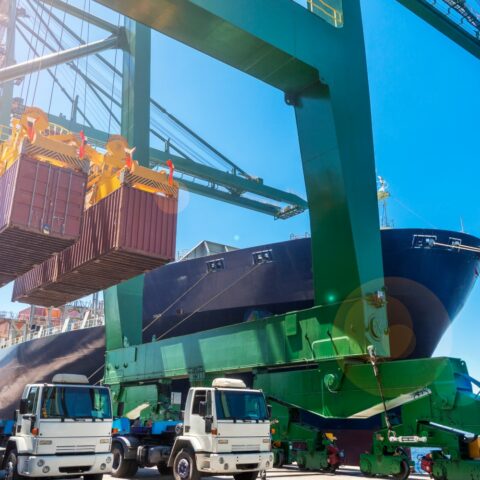The Challenge
Small businesses in Malawi struggled to access the benefits of regional and global markets. Trade barriers such as complex customs processes, limited knowledge of export requirements and heavy reliance on intermediaries raised costs and reduced competitiveness, especially in MSMEs and women-owned businesses.
What We Did
The Alliance partnered with the Malawi Revenue Authority, Ministry of Trade and Industry, and private sector actors to tackle these barriers by:
- Providing export readiness training to 135 MSMEs, 87% of them women-led, across the country.
- Supporting 30 MSMEs through a mentorship programme that built lasting peer-learning networks.
- Launching a digital HS Classification and Tariff Information Tool to help traders classify goods, determine tariffs, and understand compliance requirements.
- Promoting gender inclusion in cross-border trade through targeted outreach to women’s associations and gender-sensitive mentorship.
- Creating a public-private platform that brought together government, business, and development partners to align reforms with national strategies and AfCFTA priorities.
The Impacts
The project showed how targeted support and digital tools can make trade more inclusive and efficient:
- 74% of mentored SMEs reported new or increased exports.
- 84% reported greater efficiency in trade operations.
- Within three months of launch, the HS tool processed over 7,500 queries with zero disputes, giving traders greater independence, reducing costs, and improving accuracy.
- Government and private sector collaboration deepened, laying the groundwork for future reforms.
By reducing information gaps, modernising trade systems, and equipping businesses—especially women-led enterprises—with the right knowledge and tools, the project strengthened Malawi’s overall trade competitiveness.
Early Closure
In January 2025, a Stop Work Order from the U.S. Department of State led to the withdrawal of USAID funding, closing the project earlier than planned. While this curtailed planned activities such as AfCFTA capacity building and Malawi Bureau of Standards certifications for targeted MSMEs, the project delivered its key outputs: trained entrepreneurs, a functioning digital tariff tool and an inclusive public-private cooperation model to build on.


 Malawi
Malawi


